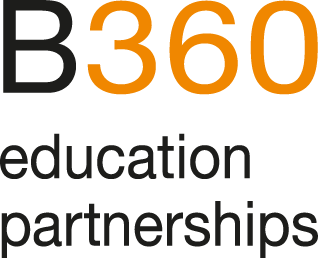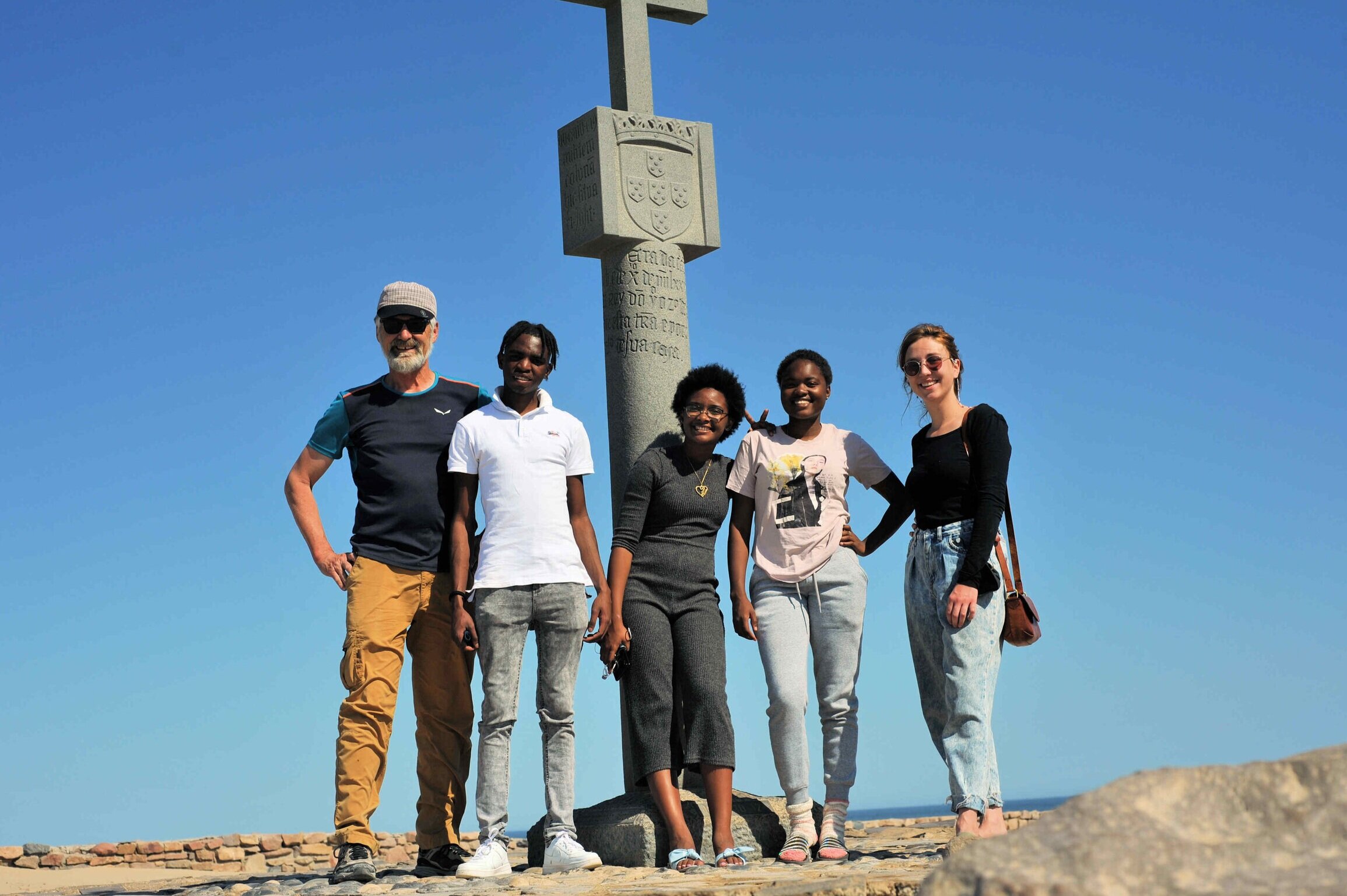Dr. Rudolf Schmitt
Professor in Food Microbiology and Food Safety (retired)
B360 Board Member
Faculty of Health and Applied Science
Department of Health Sciences
Namibia University of Science and Technology
Mai 31 - June 16, 2021
Cooperation with university staff
At the time it was decided that I would go to the Health Science Department, there was no sign of a third Corona wave in Namibia. Of course, there were regulations for both Switzerland and Namibia, but they were easy to fulfill. The international situation was the deciding factor for me not to fly over Germany or South Africa. In Namibia, I was surprised to discover that stricter measures applied and were followed in public life than I was used to in Switzerland. There was a nightly curfew, which I appreciated because the quietness of the streets allowed me to get a good night's sleep. Furthermore, masks were worn in public, even outside buildings, and there was a person at every entrance to the campus and all buildings who disinfected the hands of those entering after checking the access permit. In the last week of my stay, the temperature was also taken. Restaurants were open, but the few I visited were mostly deserted. It was noticeable that the number of street vendors had increased many times over, for me a sign of the increased poverty in the country.
In the 2nd week of my stay, the number of people testing positive per day increased rapidly, from 400 on my arrival to 1650 on the day of my departure. The third wave had entered its exponential phase and accordingly the government announced further restrictive measures: classes were switched back to online and the Khomas region could only be left with special permission because over 50% of the new cases were concentrated in Windhoek, Okahandja and Rehoboth. There was also an increasing number of illnesses at NUST; one of the four virtual interns also contracted Covid-19. During this time, I could fully rely on Nico Smit and his staff of the International Office, who kept me constantly informed and provided me with advice and support. I couldn't have wished for anything better. Since there were no more students on campus at that time, many staff members were working from home and I stayed in this protected area, it was no problem to stay until the scheduled departure day.
The Faculty of Health and Applied Sciences has had bad experiences with online teaching in the past two semesters. Therefore, during the first semester of 2021, mixed teaching was introduced: online courses and student presence alternated. B360 was asked to send experts to assist during face-to-face hours. Thus, my intended program was to first give Lab Practical’s to the 2nd year EHS students, in collaboration with Corinne Gantenbein-Demarchi, who taught the theory online. This was a good experience for the students, even though we could only do the practical as demonstrations. Rebecca Shooya proved to be an excellent collaborator and we were able to co-teach this part, where we complemented each other perfectly. This point is very close to my heart, because I see our task as also being to train and support the local lecturers in gaining experience and taking responsibility and, over time, our courses.
I was able to teach Food Safety to the 4th year EHS students as a block course, as the students had come to the university exclusively for this subject. As a result, there was a lot of material for them to absorb in long lessons. Therefore, I focused on international aspects of food safety and deepened the topics by means of examples and many practical exercises and case studies based on basic readings of the students. This was very much appreciated and led to a lively exchange. Unfortunately, the switch to online teaching in the last week forced me to cut back the material considerably. The technical conditions for this form of teaching were quite good, but the exchange with the students was unsatisfactory for them and for me. Lively face-to-face teaching is irreplaceable for my subject with its practice-based discussion. Students have confirmed this to me in direct conversation, which makes it clear to me that I will not be ready for online courses in the future but will always come to NUST when requested to see and challenge these motivated young people.
My 3rd task of assistance at the Lab Practical in BioMed fell victim to the new restrictions. But, despite the pandemic, an excursion to Rehoboth was organized with the 3rd and 4th year EHS students, where they had to inspect the city slaughterhouse as well as bakeries, butcheries and catering businesses in various supermarkets in groups of 3 to 7 people. I observed how reserved and shy the students were, which prevented them from getting the information they needed to assess the situation. Ms Jansen is a strict and highly professional boss in such practical trainings, from whom the students can learn a lot. The attention and applause at the end of this long day was accordingly great. Unfortunately, a detailed final discussion planned for the following day could not be made due to the closure of the NUST.
The highlight of my assignment was the contact with four "virtual interns" who are doing an internship with a Swiss company, although they are sitting together in one office at NUST. They also have lively contact with a host family in Switzerland to catch a whiff of our Swiss culture. At an aperitif in the Protea Hotel, we discussed our joint excursion to Swakopmund, which turned out to be quite a big deal. We used the days at the Atlantic Ocean for team building and to experience things that were new for the 4 young people: seeing the ocean for the first time, climbing a dune together, eating in fancy restaurants, living in a house together and seeing typical tourist places in Namibia like Cape Cross or the Spitzkoppe. All this was rounded off by a real fondue moitié-moitié in my flat the night before my return flight, as well as Emotional Intelligence Training, which we did together with Rita Becker via teams after my return.
All in all, this assignment filled me with great satisfaction, because the exchange with students, the staff at the faculty and the International Office was more intensive than in previous years. The permanent threat from Corona also created an atmosphere of closeness and open discussion. As a result, I felt very comfortable the whole time and was able to fulfil my jobs to the satisfaction of myself and our Namibian friends. A big thank you to everyone!






